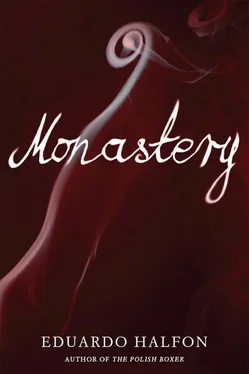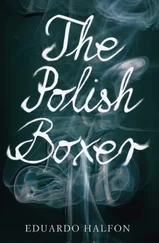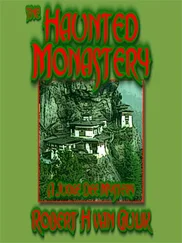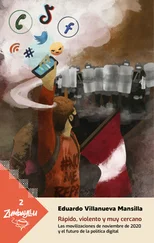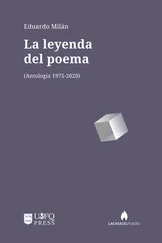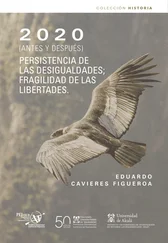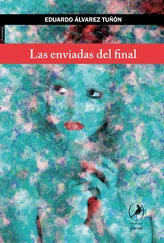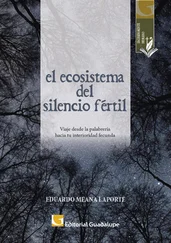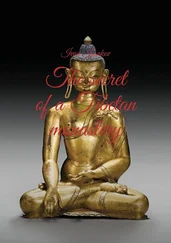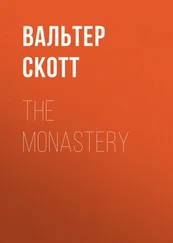The taxi driver sped up and careered through the narrow streets of Jerusalem — a word, I recalled bitterly, that meant city of peace.
It took me a while to notice that the cigarette was crumpled in my fist.
Let me out here, I told him, although I had no idea where we were. The man spat something back at me in Hebrew, and I simply repeated, unrelenting: Let me out here. He braked violently, pulling over to one side of the street. I tossed my cigarette debris onto the floor of his taxi and handed him a few dollars and left him there talking to himself, perhaps insulting me, perhaps offering me my change.
THE WIND BLEW SOFT AND HUMID. It was hot. I walked all over, half-lost, among people who seemed to be on the same slow pilgrimage. I couldn’t get rid of a metallic taste in my mouth. I couldn’t stop thinking about the taxi driver, his black eyes, his fat sweaty neck, his contemptuous words. I couldn’t stop thinking about my Arab grandparents, my three parts Arab.
THINKING ABOUT MY maternal grandmother. Her Syrian parents fled Aleppo and made it to America and, thanks to an itinerant life of card playing (my great-grandfather, a compulsive gambler, had squandered all the family’s money on poker and bets), their children were born in Mexico, in Panama, in Cuba, in Guatemala. My grandmother often told me that her Syrian father allowed his children only to kiss his hand. That’s it. Just his hand. As though he were a mighty sheik, bedecked, bejeweled, smoking a golden hookah. My father died, she once told me, and I never once got to hug him.
THINKING ABOUT MY paternal grandfather. From Lebanon. He and his seven brothers and sisters had fled Beirut at the turn of the twentieth century (my great-grandmother died during their escape and was buried in some Jewish cemetery in Corsica). Curiously, employing what might have been some commercial survival strategy, they decided that each brother and sister would settle in a different city: in Paris, in Guatemala City, in Mexico City, in Cali, in Lima, in Havana, in Manhattan, in Miami (the great-uncle I remember best — handsome, an opera singer, friend or member of Miami’s Italian Mafia — served time in a Florida jail for being a gigolo). My Lebanese grandfather, after spending a few years in Paris, was the one who then saved his brother in Guatemala from bankruptcy. That was where he met my grandmother. That was where he opened a store in El Portal del Comercio. That was where he built his palace.
THINKING ABOUT MY paternal grandmother. Born in Alexandria, Egypt. With her parents and sisters, she set sail from Egypt at the age of seven. The ship, after several months on the high seas, finally docked at the first port in Central America, and according to family legend, my great-grandfather thought they’d arrived in Panama, where one of his distant cousins lived. There they disembarked. And there they stayed. In Guatemala. By accident.
I’D BEEN WANDERING for a couple of hours through who knows what heaving streets and alleyways. The walking, or the sweat, or the nostalgia, or simply the time elapsed, calmed me down a bit. I exchanged dollars for shekels at a kiosk. I needed cigarettes. I was thirsty. I walked into a corner bazaar, dark and dingy, a sort of general store. An Israeli teenager, a girl of maybe seventeen or eighteen, sold me a pack of cigarettes and a very cold beer, and I took a long swallow right there at the counter, standing before her. She had beautiful, marked features — large dark eyes, thick brows, very black hair, prominent nose, taut young skin with a soft olive tone. She had a round greenish tattoo on her shoulder. All of a sudden, she moved her right hand just above the bulb of a small rustic lamp on the counter and starting making animal shadows on the ceiling. Each time she made a new shadow, she whispered a word in Hebrew. The name of each animal, I supposed. She might have made a dog, and a swan, and a horse, and a crocodile. I finished my beer in silence, watching her small hand play in the amber light of the bulb. Then I thanked her in Hebrew and said good-bye in Hebrew and she mocked my Hebrew pronunciation with a pretty smile, while up on the ceiling the shadow of her hand said good-bye. Sometimes it’s easy to confuse youth for beauty.
I WALKED ON. Down narrow dusty streets, down wide commercial avenues, past fig and date sellers and shawarma sellers and falafel sellers, past too many shops selling too much crap for too many tourists. After a while I came to some steps leading down to an enormous bustling plaza, full of people all congregated in one corner. I recognized the Wailing Wall. The Kotel, in Hebrew. I felt a touch of vertigo and sat on a step to contemplate the swarming plaza.
I lit a cigarette. As I smoked, I tried to remember the story of that remnant of wall, so solemn and biblical, that final vestige of the Temple of the Jews, of my ancestors. But all I could remember was the song by the Cure.
Standing there, still humming the tune of Robert Smith’s flute, I stubbed out my cigarette on the clay step and made my way down.
Instantly, I was besieged by Orthodox Jews in long black robes and black suits and black skullcaps. Rabbis maybe. They grabbed my arm and tugged on me and offered me who knows what in Hebrew and in English. One after the other. Stalking me. Circling me, like the buzzards in the song. I passed a guy on his knees. I passed another guy who seemed to be shouting at the entire city, with rage, and maybe even tears, and in Baptist-sounding English, with a thick Southern accent. Widow, he shouted at Jerusalem. Slave, he shouted at her. Tributary, he shouted at her. You lie there alone amid so many people, he shouted at her with ever more rage but now eyeing me, as though I were the one to blame for his anguish, and so I hurried through the rabbis and preachers and tourists and soldiers and finally I reached the wall. I saw people praying aloud, or in silence, or as they swayed, or hidden beneath huge white shawls (tallit, in Hebrew), with small black boxes on their foreheads and black straps wound around their forearms (tefillin, in Hebrew). I saw people taking pictures of the wall, and people kissing it, and people tucking little folded-up slips of paper into its cracks and crevices. I saw vegetation sprouting all along the wall: dry, scrawny, miserable. It struck me, taking it all in, that never had a wall’s name been more fitting.
I approached. I reached out inconspicuously, cautiously, as though I were doing something forbidden, and I touched it. I wanted to feel something, anything. All I felt was stone.
ON A DIFFERENT TRIP, to a different city, bundled up in a woman’s pink coat, I had also touched the last remnants of what had once been the wall of the Warsaw ghetto. One last redbrick wall between two buildings in Warsaw, between Sienna Street and Zlota Street. It was perhaps six or seven feet tall and thirty feet long. I touched it several times, from several angles, at both ends, with both hands. And I didn’t feel anything there either. Or maybe I refused to feel anything. But then suddenly, when I got even closer, I saw that many of the bricks had something engraved in their red clay, like a bas-relief. The same engraving in bas-relief: a sort of small circle with two numbers — a 10 and a 1—separated by a diagonal slash. It occurred to me, stroking it with my finger, that it might be the emblem of the brick company, that it might be the logo of the company that had been contracted to manufacture all the bricks for the wall of the ghetto, to manufacture thousands and thousands of bricks that would imprison an entire people for years, until they’d been eliminated from the city, until they’d been starved to death. I kept stroking the logo with my finger. I imagined factory workers unknowingly producing brick after brick with that same logo in bas-relief, tattooing it in bas-relief: their broad backs, their burly arms, their faces filthy and sweaty, their hands stained forever red.
Читать дальше
